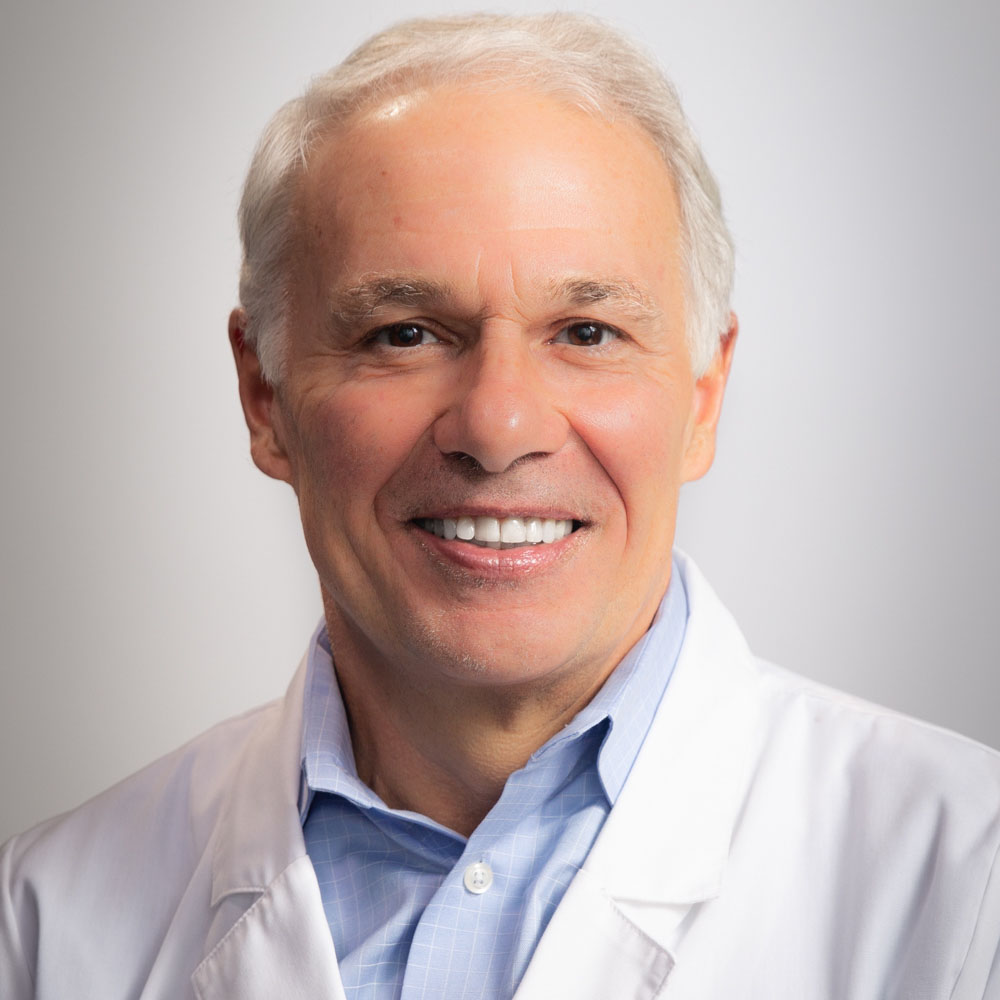Biography
Dr. Dario Marchetti holds a doctorate from the University of Pavia, Italy. Following postdoctoral fellowships at Un. of Illinois-Chicago, MD Anderson Cancer Center and Baylor College of Medicine in Houston, he became Assistant Professor at the University of Texas Health Sciences Center, Houston, then Associate and later Professor (with tenure) at LSU-Baton Rouge. Afterwards, he relocated to Baylor College of Medicine as Professor and the "Jack L Titus" endowed Professorship in pathology at BCM. He then moved to Houston Methodist Research Institute, and (2019) to UNM HSC where he is a tenured Professor in the Departments of Internal Medicine and Pathology. Dr. Marchetti is a recognized expert and international Authority in the biology and clinical utilities of Circulating Tumor Cells (CTCs) directly isolated from blood of cancer patients. This, by capturing, characterizing and deciphering biomarker properties and pathways of clinical CTCs, which are the known "seeds" of fatal cancer metastasis and smallest functional units of cancer. As a consummate scientist, his research focuses on discovering and validating CTC biomarkers for therapeutic intervention, and developing innovative CTC tests to be used in clinical settings to implement concepts of Liquid Biopsy/CTC/DNA testing to clinical reality. Dr. Marchetti's translational research in cancer and CTC determinants of metastasis can potentially lead to the first generation of CTC-driven metastasis-targeted therapies for the prediction and/or prevention of metastasis, notably to brain.
Personal Statement
The focus of Dr. Marchetti's laboratories over the years has been to elucidate determinants and mechanisms underlying brain metastasis. This includes the discovery of novel microenvironmental interactions between normal and tumor cells invading the central nervous system, and interplays between tumor cell dormancy and metastatic competence. The objective of his research is to provide key insights in the biology of rare circulating tumor cells (CTCs) directly isolated from patients, and to decipher functional pathways of CTC subsets from patients diagnosed with or without brain metastasis (MRI-detectability, no concurrent malignancy, no prior chemotherapy). CTCs are "seeds" of fatal metastasis and smallest functional units of cancer. However, the comprehensive characterization of CTC properties, heterogeneity and mechanisms remain elusive. He has the expertise, leadership and determination needed to successfully carry out this work. Dr. Marchetti possesses broad backgrounds in neurochemistry, and in the cell and molecular biology of cancer. He has trained in reputable laboratories and Institutions having a mission towards cancer metastasis research. Currently, Dr. Marchetti is Professor in the Division of Molecular Medicine of the Department of Internal Medicine, Professor of the Department of Pathology at University of New Mexico Health Sciences Center, where he directs a laboratory focused on the molecular biology of CTC/CTC subsets using platforms and technologies of transformative translational cancer research. Contact: dmarchetti@salud.unm.edu.
Areas of Specialty
The biology of cancer metastasis, molecular determinants of brain metastasis, the biology and therapeutic utilities of circulating tumor cells (CTCs, or Liquid Biopsy")
Achievements & Awards
Research Awards, The Avon Foundation for Women, New York, NY
The "Jack L. Titus" Endowed Professorship, Department of Pathology & Immunology, Baylor College of Medicine, Houston, TX
The Alkek Award for Experimental Therapeutics, Baylor College of Medicine
The Cancer Research Award, the 20th World Cancer Congress, Athens, Greece
The Award for Excellence in Research, Houston Methodist Hospital
The Inaugural "Harold C. Schotts" Professorship Award, Brain Tumor Center, The University of Cincinnati, Cincinnati, OH
Key Publications
Italian
Native or Bilingual Spanish Professional Working
Gender
Male
Languages
- the evolution of CTCs from primary and metastatic tumors
- gene editing and single-cell/spatial transcriptomics of CTC-driven metastasis."
- developing
- a first in the Nation. My extensive scientific and educational leadership qualifies me to serve as: (1) Full Member in the Cellular and Molecular Oncology (CMO) program of UNMCCC; (2) Director of Junior Faculty Development at UNMCCC; and (3) Co-leader of the Cancer Research Training and Education Coordination Core (CRTECC) program at UNMCCC.<br><br>As laboratory PI
- mentoring a myriad of undergraduate/graduate students
- and Junior Faculty members. Specifically
- 4 PhD students
- 3 PhD/MD fellows
- I have been involved in graduate student programs and served on admission committees in graduate
- English
Research and Scholarship
CTC biomarkers and models of clinical dormancy

